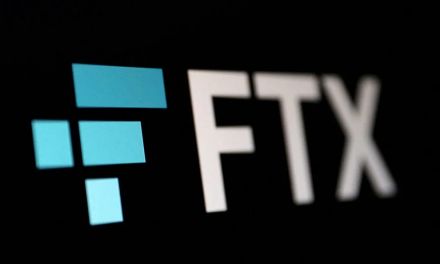European Parliament staff are seeking to clarify that they do not intend to impose an outright ban on non-custodial services, following discussions around self-hosted addresses, formerly known as “unhosted wallets” in the European Union’s policies. This comes after documents seen by The Block indicated that privacy-enhancing crypto assets and “anonymizing instruments” like privacy wallets or crypto mixers may be prohibited under the current text of the anti-money laundering regulation draft bill. However, the latest changes to the text clarify that these restrictive provisions should not apply to self-hosted wallets in most cases.
Clarify Rules on Transaction Limits for Self-Hosted Addresses
Non-custodial services have been in the EU’s crosshairs since the Transfer of Funds Regulation (TFR) first sparked debates on “unhosted wallets” last year when it set down crypto transaction and know-your-customer rules. The latest version of the European Parliament’s review of the anti-money laundering bill resulted in changing up the language to “self-hosted addresses” from “self-hosted wallets” when it comes to rules on transaction limits. The change aims to clarify the policymakers’ objective of preventing non-custodial wallets from existing without being linked to an identified account on a crypto service provider like an exchange.
Self-hosted wallets will still be subject to a transaction limit of €1,000 ($1,070) if the owner cannot be identified. This aligns with the TFR requiring originator and beneficiary data on crypto transactions of the same cap. However, the change from “self-hosted wallets” to “self-hosted addresses” may cause regulatory uncertainties since the TFR, with its text finalized, uses different language from the Parliament’s AML proposal.
Provisions Subject to Change Ahead of Plenary Vote in April
Members of the European Parliament have until March 28 to debate the anti-money laundering files, so provisions are still subject to changes. Following a vote from the two committees working on the file, the regulation will need to go through a plenary vote in Parliament, expected in April, before entering inter-institutional negotiations in May. This presents an opportunity for the European Commission, Parliament and Council to defend their positions on the file.
The Bill Affects Crypto Entities Like DAOs, NFTs and Decentralized Finance Protocols
Crypto entities like DAOs, NFTs and decentralized finance protocols were previously swept into the regulation, and while platforms trading NFTs were left out of the scope of the EU’s comprehensive Markets in Crypto-Assets framework, NFT traders could be subject to the provisions of the AML regulation. The European Commission first introduced the anti-money laundering legislative package in July 2021, with strong implications for crypto in the 27-nation bloc. The bundle also includes the TFR, which awaits a final vote in April before entering into force, and sets requirements on crypto transactions. Additionally, the EU’s anti-money laundering authority proposed in the package extends to crypto firms.
Source: The Block





